May 26, 2025 | 09:47 GMT +7
May 26, 2025 | 09:47 GMT +7
Hotline: 0913.378.918
May 26, 2025 | 09:47 GMT +7
Hotline: 0913.378.918

The new strategy encourages the use of existing and expanded means of protecting the poultry value chain to reduce the burden of infection and loss. Photo: DL.
Within the Global Framework for the Progressive Control of Transboundary Animal Diseases (GF-TADs), the Food and Agriculture Organization of the United Nations (FAO) and the World Organisation for Animal Health (WOAH/OIE) have collaborated to draft a 10-year global strategy for prevention and control of highly pathogenic avian influenza (HPAI), aiming to respond to intercontinental spread and changes in circulating HPAI virus strains (Gs/GD, especially strain 2.3.4.4b).
This strategy replaces the plan announced in 2007, emphasizing a systematic approach that contextualizes the threat from HPAI and makes efforts towards long-term transformation in the poultry industry.
The strategy for prevention and control of highly pathogenic avian influenza (HPAI) in the 2024–2033 period strongly focuses on the One Health approach to ensure integrated collaboration with the public health, wildlife, and environment sectors to prevent, protect, and transform the poultry value chain in efforts to prevent and control HPAI. The strategy also encourages the use of existing and expanded means of protecting the poultry value chain to reduce the burden of infection and loss.
In addition, the revised strategy provides a framework for countries to implement national plans effectively to reflect the evolution of the epidemic and new scientific advances suitable for each specific context.
According to FAO and WOAH, to achieve a global vision, a series of close linkage actions must be taken. First, a governance structure needs to be established to coordinate, monitor, and report on strategy implementation through existing mechanisms.
Second, engagement with international public-private partners is needed to enhance coordination and cooperation in order to support effective implementation of the strategy. The communications plan must be developed and implemented to ensure awareness of the strategy, state positions, update progress, and mobilize technical support and financial investment for national HPAI prevention and control strategies.
Third, support for OFFLU, the OIE/FAO global network of expertise on animal influenza, is also important. OFFLU will provide technical input and lead global, regional, and national expertise in scientific collaboration and global monitoring, as well as generate and disseminate technical knowledge.
Furthermore, facilitating the development of international guidance to support the application of science-based disease control strategies, including strengthening biosafety across the value chain and using safe, effective HPAI vaccination programs when appropriate, will be a necessary additional prevention and control measure.
Additionally, encourage and facilitate international reporting of HPAI outbreak sessions by countries and timely disseminate global analysis. Engaging with quadrilateral partners (FAO, UNEP, WHO, and WOAH) will support countries in implementing the One Health approach to prevent and control HPAI in poultry as well as protect wildlife and public health.
Utilizing the Sustainable Livestock Transformation Initiative will support regions and countries to strengthen poultry value chains and increase resilience to HPAI, other infectious diseases, and future pressures, including climate shocks.
With a vision for effective prevention and control of HPAI in accordance with the sustainable transformation of agri-food systems, this strategy considers all low pathogenic avian influenza (LPAI) and highly pathogenic avian influenza (HPAI) viruses, including LPAI viruses transmitted from animals to humans, especially the H5N1 2.3.4.4b strain.
With a focus on the One Health approach, the strategy focuses on actions that will be implemented by the veterinary sector in collaboration with other sectors to prevent and control HPAI, thereby complementing strategies and other guidance on avian influenza.
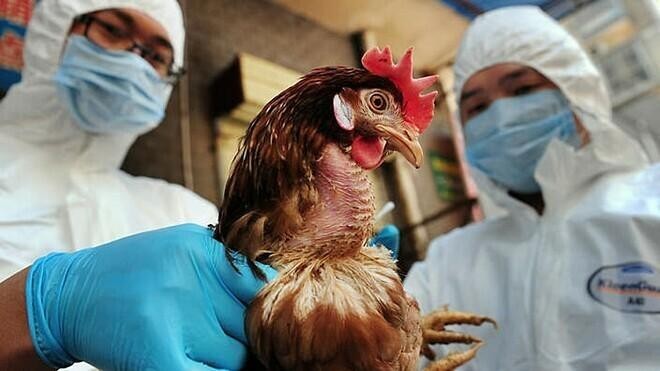
With a focus on the One Health approach, the strategy focuses on actions that will be implemented by the veterinary sector in collaboration with other sectors. Photo: DL.
Beneficiaries include the national veterinary service; wildlife, environmental, and public health services; the regional economic community; the private sector; research and education facilities, and civil society organizations related to animal health, welfare, and production and value chains, as well as the prevention and control of animal-derived diseases.
To achieve this goal, it is necessary to encourage engagement with existing One Health platforms or establish regional and national One Health platforms to work with quadrilateral partners in the region.
It is also extremely important to organize regular regional information sharing and updates on HPAI, highlight the regional context, and predict high-risk transmission periods related to increased poultry trade and wild bird migration.
Besides, it is necessary to facilitate the development of regional laboratory networks and improve reference laboratory capacity to improve the capacity to detect and determine the characteristics of HPAI viruses.
Attracting the participation of relevant parties in assessing the regional poultry value chain to identify key areas for transformation is also needed to improve the effectiveness of HPAI prevention and control measures.
Translated by Thu Huyen
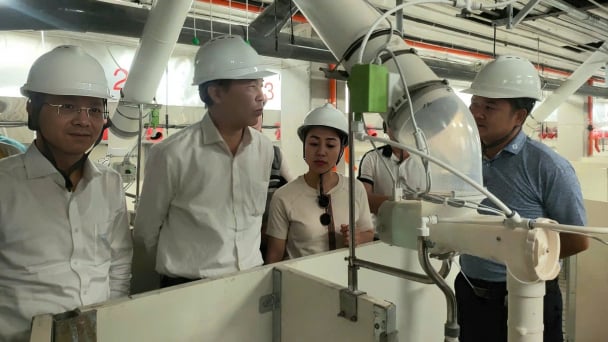
(VAN) Despite investment costs being 1.5 to 1.8 times higher than conventional methods, multi-story pig farming demonstrates outstanding effectiveness, increasing land-use efficiency by 4 to 10 times.
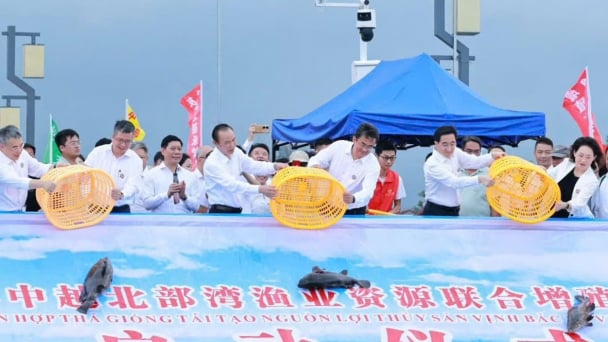
(VAN) Deputy Minister of Agriculture and Environment Phung Duc Tien leads a working delegation to participate in several key activities in China aimed at promoting agricultural and fisheries cooperation.
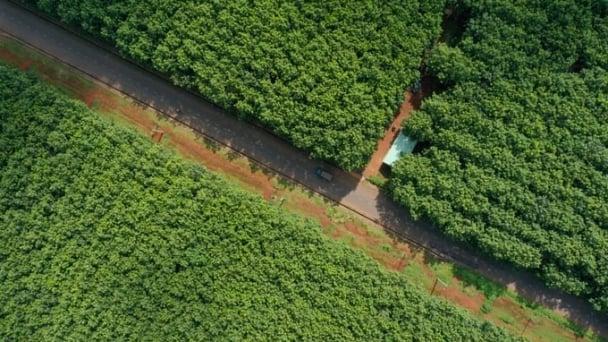
(VAN) The European Commission has just released a list of ‘low-risk’ countries for deforestation, which includes Vietnam.
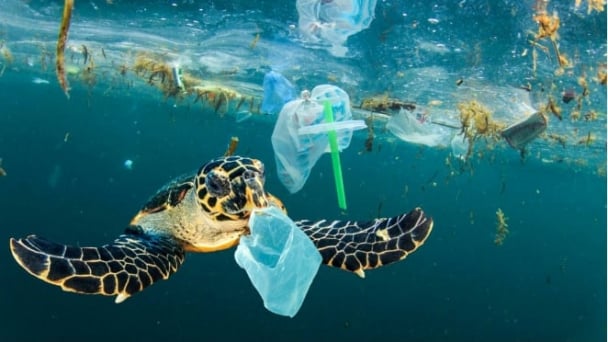
(VAN) The convenience of single-use plastics is leaving lasting consequences for the oceans.
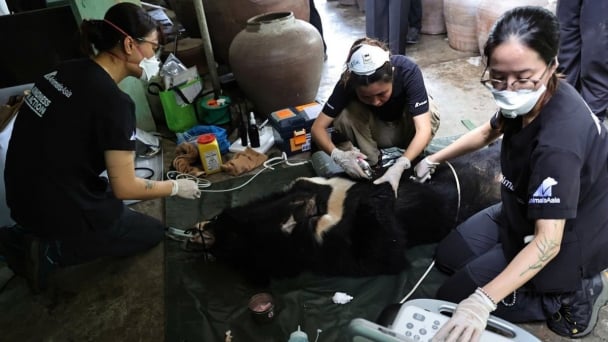
(VAN) On the morning of May 23, in Nghe An, the Animals Asia Foundation successfully rescued a Tibetan bear and transferred it to the Vietnam Bear Rescue Centre located in Bach Ma National Park.
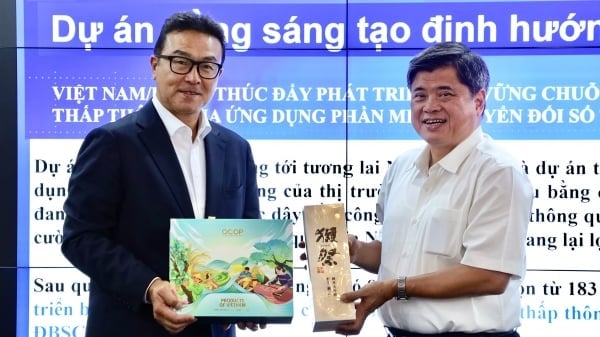
(VAN) On May 23, Deputy Minister of Agriculture and Environment Tran Thanh Nam held a working session with a Japanese delegation on the application of digital technology in agricultural production.

(VAN) In the tranquil wetlands of Van Long, there are quiet souls who guard the forests, nurture the waters, and oversee every bird and troop of langurs as protecting the essence of a living heritage.